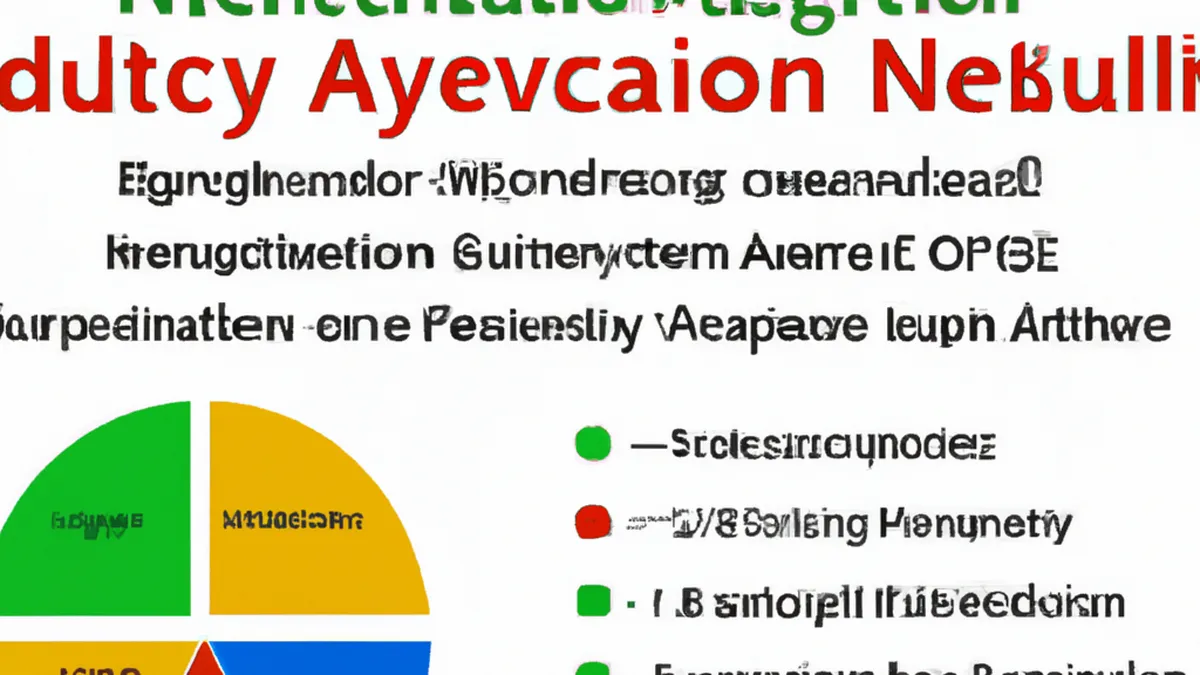Shape Agility Skills with Proper Nutrition
Evaluating the Role of Nutrition Education in Youth Agility Programs
Youth agility programs aim to improve physical performance, coordination, and teamwork among young athletes. These programs often overlook nutrition education, a critical component. Proper nutrition fuels young athletes, aids recovery, and optimizes performance. This article explores the significance of nutrition education in youth agility programs and how it enhances the athletic experience.
Understanding the Importance of Nutrition
Nutrition plays a vital role in athletic performance, especially for youth in sports. Young athletes need adequate nutrients to support growth and activity. A balanced diet enhances performance and contributes to overall health.
Energy and Performance
Young athletes utilize energy differently than adults. Their dietary needs reflect this difference. Carbohydrates serve as the primary energy source, particularly during high-intensity training. The body converts carbohydrates into glucose for energy. Insufficient carbohydrate intake can cause fatigue and reduce performance.
Proteins also significantly impact the diets of young athletes. They support muscle repair and growth after strenuous exercise. Young athletes who understand these macronutrients can make informed dietary choices to achieve their goals.
Recovery and Nutrient Timing
Recovery plays a crucial role in any training program. After intense workouts, the body needs time and nutrients to recover. Nutrition education can teach young athletes about nutrient timing, emphasizing when to consume certain foods for optimal recovery.
For instance, consuming carbohydrates and proteins shortly after exercise replenishes energy and aids muscle repair. This knowledge empowers young athletes to manage their recovery, improving performance in future training sessions and competitions.
Tips for Integrating Nutrition Education
A structured and engaging approach can effectively integrate nutrition education into youth agility programs. Consider these practical strategies:
Collaborate with Nutrition Experts
Partnering with registered dietitians or nutritionists ensures accurate and relevant nutrition education. These professionals provide tailored insights for young athletes, addressing their specific dietary needs. Collaborating with experts guarantees evidence-based information relevant to training regimens.
Offer Workshops and Seminars
Hosting workshops focused on nutrition basics can benefit young athletes. These sessions can cover essential topics like meal planning, hydration, and the role of food groups in performance. Engaging presentations with interactive activities, such as cooking demonstrations, reinforce learning.
Create Educational Resources
Develop easy-to-read guides or infographics as educational tools. These resources should highlight nutrition’s importance and provide practical tips for young athletes.
Conclusion
Integrating nutrition education into youth agility programs enhances athletic performance and promotes healthy habits. Young athletes benefit from understanding nutrition’s vital role in their training.
Below are related products based on this post:
FAQ
Why is nutrition education important for young athletes participating in agility programs?
Nutrition education is crucial for young athletes as it helps them understand the role of proper nutrition in enhancing performance, aiding recovery, and supporting overall health. A balanced diet provides the necessary nutrients needed for growth and optimal athletic performance.
How can nutrition education improve recovery for young athletes?
Nutrition education can improve recovery by teaching young athletes about nutrient timing, which emphasizes the importance of consuming carbohydrates and proteins shortly after exercise. This practice helps replenish energy and supports muscle repair, ultimately enhancing performance in subsequent training sessions and competitions.
What are some effective ways to integrate nutrition education into youth agility programs?
Effective ways to integrate nutrition education include collaborating with nutrition experts, offering workshops and seminars on nutrition basics, and creating easy-to-read educational resources. These strategies help provide tailored, evidence-based information and engage young athletes in learning about nutrition.















Post Comment